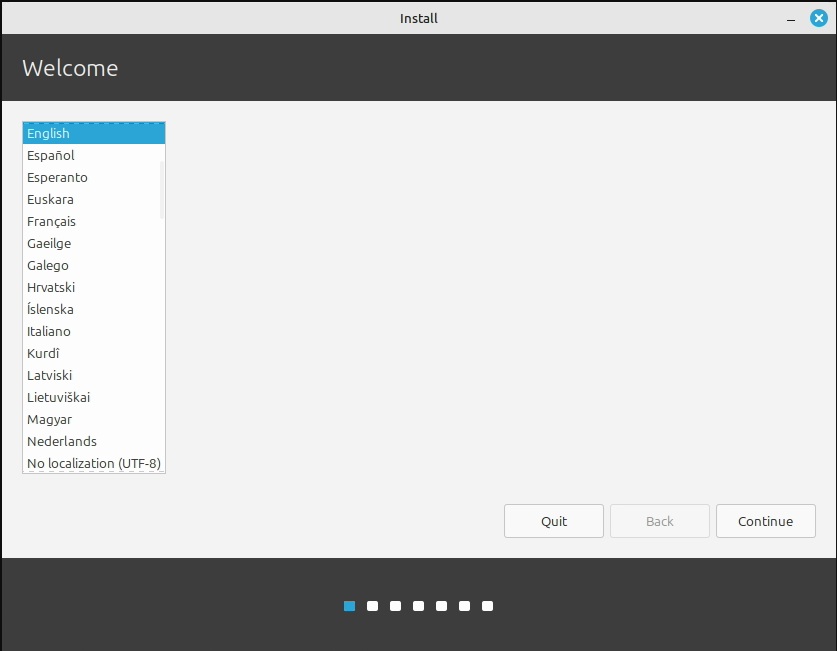Option 2: Transitioning to Linux – A Step-by-Step Guide
Linux Mint
If you’re feeling worn out by Microsoft’s antics and are ready for a new computing experience, consider switching to Linux. Today, Linux has significantly improved, and with powerful open-source tools like Wine, Vulkan, and Proton, running Windows applications and games on Linux has become increasingly seamless.
It’s important to note that Linux isn’t a single operating system; rather, it comprises a variety of distributions, each with its own unique user interface and features. This diversity can lead to decision fatigue among newcomers trying to navigate their options.
Some prominent distributions include Arch, Debian, Fedora, Manjaro, Mint, openSUSE, Red Hat, and Ubuntu, among many others. The abundance of choices can understandably be overwhelming for those just starting out with Linux.
If you’re coming from a Windows background and are new to Linux, I recommend starting with Linux Mint. Its interface closely resembles that of Windows, and it is designed for intuitive use right out of the box. If you find it’s not to your liking, you can easily explore alternatives.
For a smoother transition, consider installing Linux alongside your current Windows system on a separate hard drive or SSD, giving you the flexibility to switch between the two operating systems easily.
1. Download and Prepare the Installation Drive
Begin by downloading the latest Linux Mint .iso file from the official website. Then, install and open the Balena Etcher application. In the first step, choose the .iso file, and in the second step, select a USB drive of at least 4GB (ensure it doesn’t contain any crucial data). Click on Flash to overwrite the USB drive with the Mint installer.

Linux Mint
2. Begin the Installation Process
Next, restart your computer and press the key required to access the boot menu before Windows starts. This key can vary depending on the manufacturer but is often the Esc, F2, or F10 key. Choose the USB stick and wait for Mint to boot up.
Once the Mint desktop appears, double-click the ‘Install Linux Mint’ icon to launch the installer. Start by selecting your preferred language, then select your keyboard layout and proceed. On the next screen, make sure to check the box for “Install multimedia software” to include necessary additional components.

Linux Mint
The next crucial step involves disk formatting. Choose ‘Erase disk and install Linux Mint’ and continue. Make sure to select the correct drive for installation; if you have Windows on a 1TB SSD and are placing Linux on a 512GB SSD, pick the 512GB drive. Click on ‘Install Now’ followed by ‘Continue.’
While the system installs in the background, set your time zone, create a username and password, and configure any other required information. Then, simply relax and wait for the installation to complete.
3. Getting Acquainted with Linux Mint
After installation, restart your computer and enter your password. You will be welcomed by the Mint desktop along with a helpful welcome program. The ‘First Steps’ tab provides essential shortcuts to various features that will make your transition smoother.
One useful tool to check out is the Driver Manager. This allows you to identify any drivers for your hardware that may not be installed by default. If you’re using an Nvidia graphics card, leveraging the proprietary drivers can significantly enhance performance compared to the default open-source options.
You can typically install software through the Software Manager, and system updates are managed with Update Manager. However, if you want to play Windows games via Steam, head to store.steampowered.com to install Steam directly, instead of through the application manager—this ensures compatibility and ease of use.
Give it a try! Many aspects of the system are familiar enough to Windows that a little exploration will go a long way.

Foundry
If you encounter challenges, a quick online search or visiting supportive forums, especially on platforms like Reddit, can be incredibly helpful. Remember, since Mint is built on Ubuntu, you can often apply Ubuntu-specific guides to your Mint experience.
Exploring ‘Linux Lite’ with Chrome OS
If the thought of diving deep into Linux feels daunting, consider Google’s Chrome OS as a simpler alternative. This operating system, which powers Chromebooks, is fundamentally based on Linux but offers a more streamlined experience, primarily using the Chrome browser for all user interactions.






